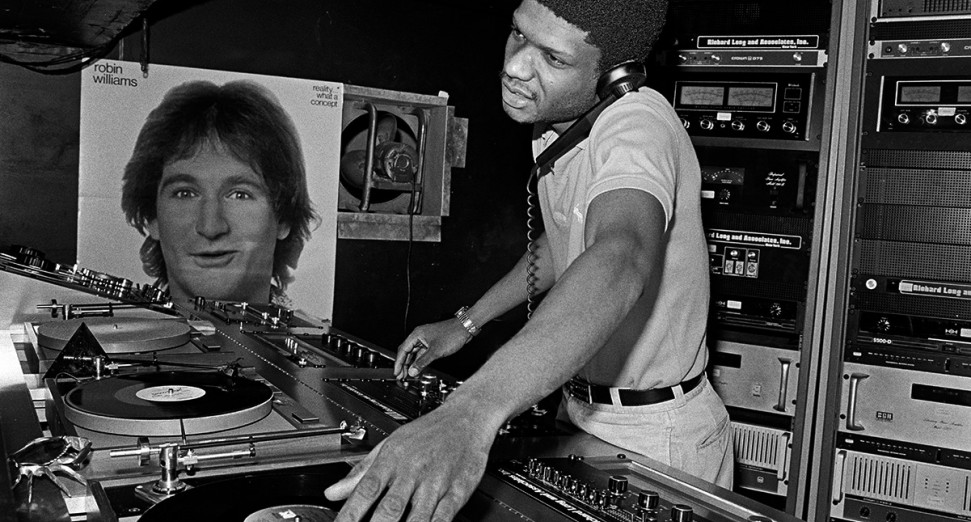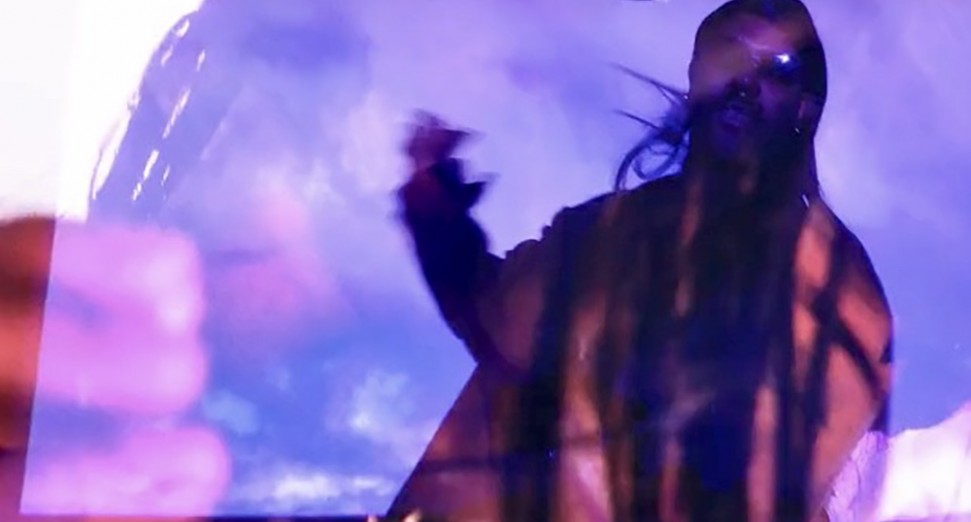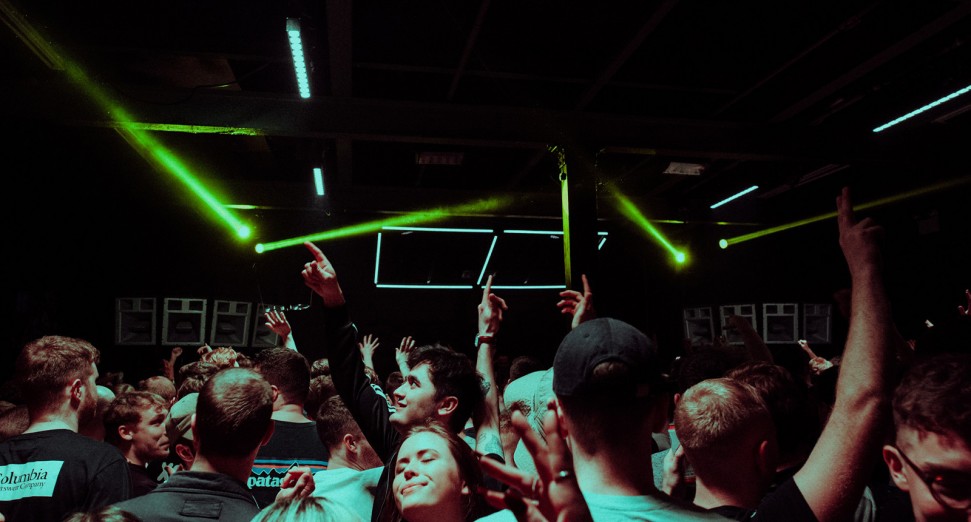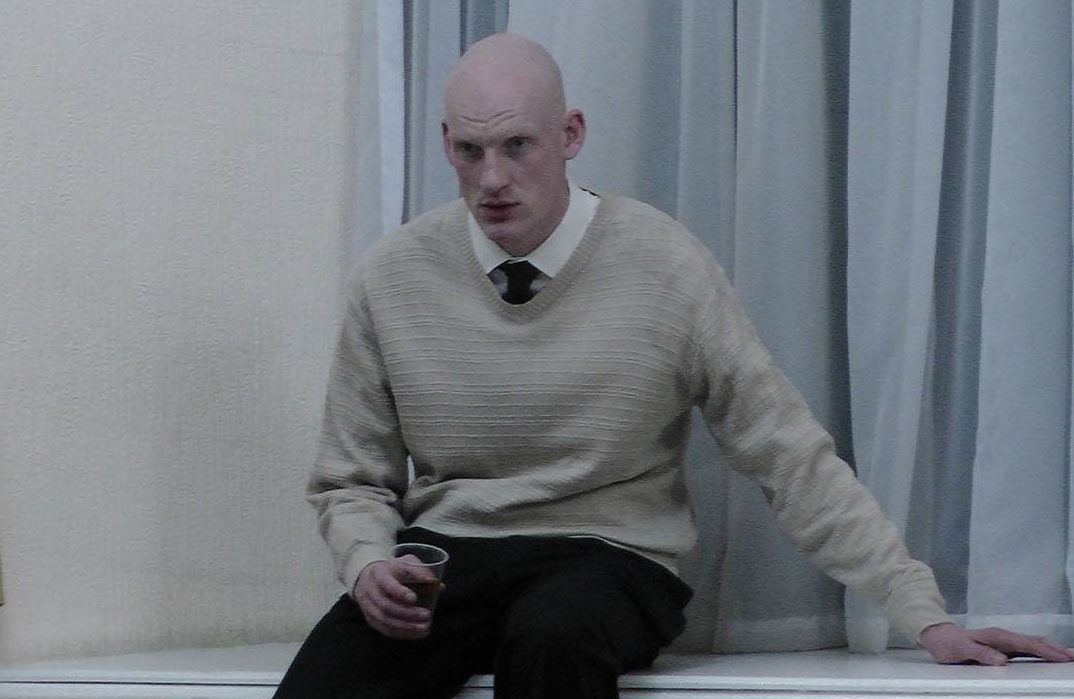
Run-DMC, Grandmaster Flash, Larry Levan, more feature in new exhibition on early ‘80s New York music
Run-DMC, Grandmaster Flash, Larry Levan and more feature in a new exhibition on early ‘80s New York music, which opened Friday 11th June.
Held at the Museum of the City of New York, ‘New York, New Music: 1980-86’ promises to examine “the seismic creative revolution of New York City in the 1980s”, spanning formative house music and hip hop, the punk and new wave of CBGB, the last days of disco as once was and more.
Artists like Talking Heads, Madonna, John Zorn, Beastie Boys, Sonic Youth and Debbie Harry feature in some form, with highlights of the showcase including innumerable flyers and vinyl records, Kid Creole’s Zoot suit, various ephemera from Keith Haring and Levan’s ‘Party of Life’ at the Paradise Garage, and rare performances footage of Big Apple icons. Opening just ahead of MTV’s 40th anniversary on 1st August, the entertainment broadcast giant occupies some space, too, with a Music Awards Moon Person statue on display.
Meanwhile, the main gallery area focuses on 14 ‘moments’ of historic significance. These include Funky 4+1 on ‘Saturday Night Live’ in 1981 (the first rap group ever to appear live on US national television), and Arthur Russell’s ‘Experimental Intermedia Foundation’ shows in 1985. Afrika Bambaataa, the Cold Crush Brothers, and the Fantastic Five’s graffiti art exhibition and performance, ‘Beyond Words’ at Mudd Club, is also highlighted.
“The early 1980s were a time of significant transition in New York, with the city facing crime, urban decay, and homelessness. And yet, despite those challenges, it was also a particularly fertile time for music and other creativity in New York City,” says Whitney Donhauser, Ronay Menschel Director and President, Museum of the City of New York. “The musical innovations of this time period are a great example of the resilience of the city and the importance of art and creativity as forces of transformation.”
“During the 80s, there was a community-driven musical renaissance in New York City. It was an era of creativity and genre-defying performance that, in my mind, stands as one of the most influential in musical and cultural history,” says Sean Corcoran, curator of prints and photography, Museum of the City of New York. “That wide range of music — from no wave to pop to hip-hop to salsa to jazz mixed in a dynamic arts scene that stretched across clubs and bars, theatres, parks, and art spaces– provided fertile ground for a musical revolution, one that continues to influence pop culture to this day.”
As a result of the COVID-19 pandemic, attendees are asked to bring their own corded headphones where possible to make full use of the accompanying soundtrack, snippets and excerpts. Disposable headsets are available on request. The exhibition comes at a hugely important time for music and nightlife in New York, with a recently announced 60,000 capacity “grand reopening” concert pegged for Central Park in August following confirmation that some venues will be allowed to run at maximum capacity for crowds that are fully vaccinated against coronavirus.
Image: Larry Levan courtesy of Bill Bernstein / Museum of the City of New York



